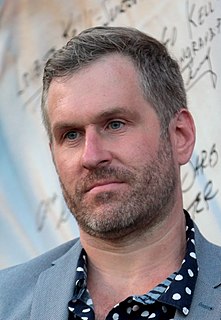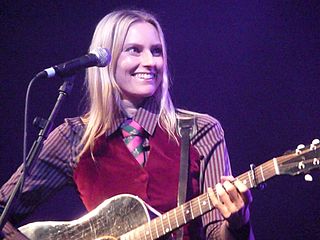Цитата Ким Эдвардс
Мне нравится думать, что я вырос как писатель и пошел на некоторый риск, но я все еще считаю себя литературным писателем.
Связанные цитаты
О, я люблю ярлыки, пока их много. Я американский писатель. Я нигерийский писатель. Я нигерийский американский писатель. Я африканский писатель. Я писатель йоруба. Я афроамериканский писатель. Я писатель, на которого сильно повлияли европейские прецеденты. Я писатель, который чувствует себя очень близко к литературной практике в Индии — куда я бываю довольно часто — и к писателям там.
Сценаристы-режиссеры немного более либеральны, чем иметь на съемочной площадке только сценариста, потому что я думаю, что иногда сценарист становится слишком ценным со словами. Если вы сценарист-режиссер, вы можете видеть, что вы делаете, и видеть свою работу в действии, поэтому я думаю, что вы можете исправить это прямо здесь и при этом не скомпрометировать себя.
Моя литературная критика стала менее академической. На самом деле я писал историю литературы в «Новой поэтике», но моя общая практика написания литературной критики почти такая же, как и всегда. И всегда была сильная связь между тем, чтобы быть писателем — мне кажется, что я знаю, что это такое внутри, и я могу сказать, что я сталкивался с подобными проблемами и решениями изнутри. И я думаю, что это большое преимущество для критика, потому что вы знаете, что чувствует писатель.


































